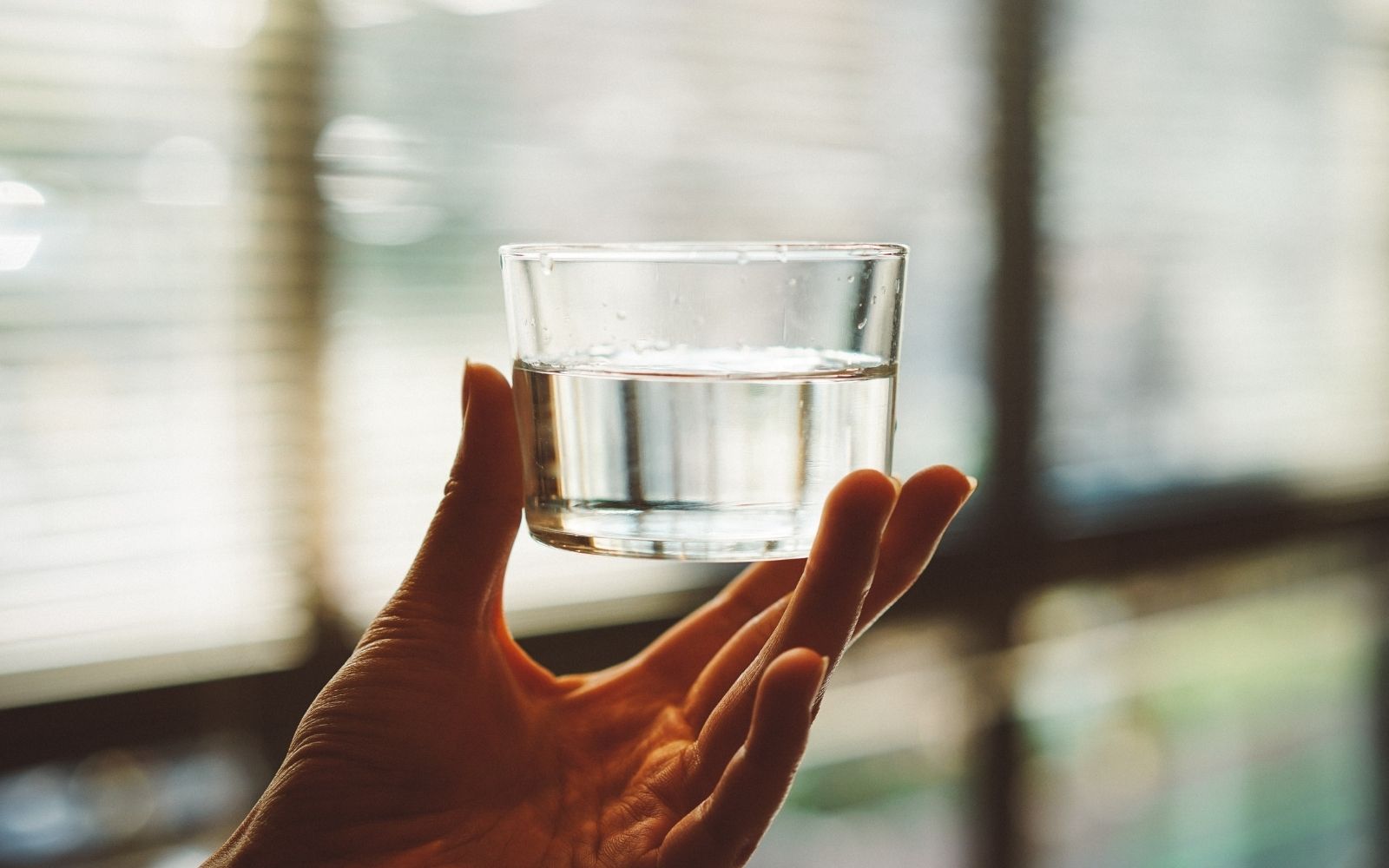The importance of keeping hydrated is encapsulated by the fact that your body is made up of approximately 60% water. So, making sure that you're getting enough water is essential for optimal health and energy. Too many of us are simply not drinking enough water; keeping hydrated is the cornerstone to good health, yet it is estimated that the average Brit drinks less than 1 glass per day.
Your body can't store water, so in order to stay hydrated, you must provide it with a constant supply! Any excess water is excreted through urine and sweat.. While this is important to eradicate toxins from your body and prevent you from getting sick, dehydration can contribute to frequent headaches, dry skin, slowed weight loss, dizziness, hunger, and lack of concentration amongst many other things.
Why is keeping hydrated so important?
Your body is largely made up of water, so it’s understandable that every function inside your body depends on it. Cells, organs and tissues all need water to regulate body temperature and keep certain areas lubricated, such as your joints and eyes.
Other essential roles water plays in the body include:
-
Maintaining cell health
-
Supporting blood circulation
-
Carrying nutrients & oxygen to cells & enable nutrient absorption
-
Facilitating detoxification pathways
-
Regulating body temperature through sweating
-
Moisturising your skin
-
Lubricating and cushioning joints
-
Supporting digestion
-
Protecting and cushioning vital organs
In the summer months, keeping hydrated is even more important because the warmer weather places demand on your natural detoxification pathways due to increased body temperature and sweating. We are also often more active outdoors in summer, meaning we need to replace any water lost due to physical activity.
Simply drinking water when you are thirsty is not a good way of keeping hydrated. When the thirst mechanism activates, it is usually a sign the body is already under hydrated (and possibly headed toward dehydration). At this point, your body has to catch up to function properly.
Signs of dehydration
Urine is one of the most useful tools to determine how hydrated you are. The colour, density and smell of urine can all reveal so much about your hydration levels. Bright-coloured or dark urine, and urine with a strong odour are signs of dehydration, as well as infrequent or small amounts of urine.
Other signs include:
-
Thirst
-
Brain fog, fatigue and irritability
-
Dry lips and tongue
-
Sunken eyes
-
Sudden decline in performance or day-to-day activities (strength, energy, coordination, decision making, etc.)
-
Elevated body temperature
How much water should I drink a day?
How much water you need to drink will depend on many things, like activity level, body weight and the amount of sleep you had the night before (fatigue can actually cause you to dehydrate more quickly!) As a general rule, you should aim for 2-3 litres per day (1.5 litres is the recommended minimum).
For a more precise formula, you can use this simple calculation:
0.033 litres of water per kg of body weight, which roughly equates to the following amounts:
-
60 kg = 2 litres
-
75 kg = 2.5 litres
-
90 kg= 3 litres
-
105 kg = 3.5 litres
Only water and caffeine-free herbal teas count towards your water intake. Tea and coffee don't count and can actually increase dehydration. If you drink one coffee it takes two glasses of water to break even as far as hydration goes. So include an extra glass for every caffeinated beverage you consume and an extra 500ml - 1L for every hour of moderate-high intensity exercise.
Tips for increasing your water intake
-
First thing in the morning, have a big glass of water with lemon squeezed into it. The citric acid will also help jump-start your detoxification pathways. You can also add cucumber, orange, mint, raspberries or other fruit for extra flavour.
-
Invest in a good quality stainless steel or glass water bottle and carry it with you at all times. Calculate your required intake and set that as your target each day, spacing it out throughout the day. PS...you can get one free with your first order of Zooki products.
-
Caffeine-free teas such as chamomile, peppermint, licorice or rooibos will all count towards your water intake. You could also drink a smoothie with a water or coconut water (a great source of potassium which is great for hydration) base to help get your fluids up.
-
Focus on hydrating foods. Fruits and vegetables such as watermelon, celery, cucumbers, strawberries, lettuce, tomatoes are made up of mostly water so great for rehydration, and they also provide a wide range of vitamins, minerals and fibre.
Prioritising proper hydration and keeping hydrated is a vital part of overall optimal health and should be part of your health goals.






Share:
Omega 3 deficiency & depletion: What are the symptoms & how do we prevent it?
What does Selenium help with & how can we get more of it?